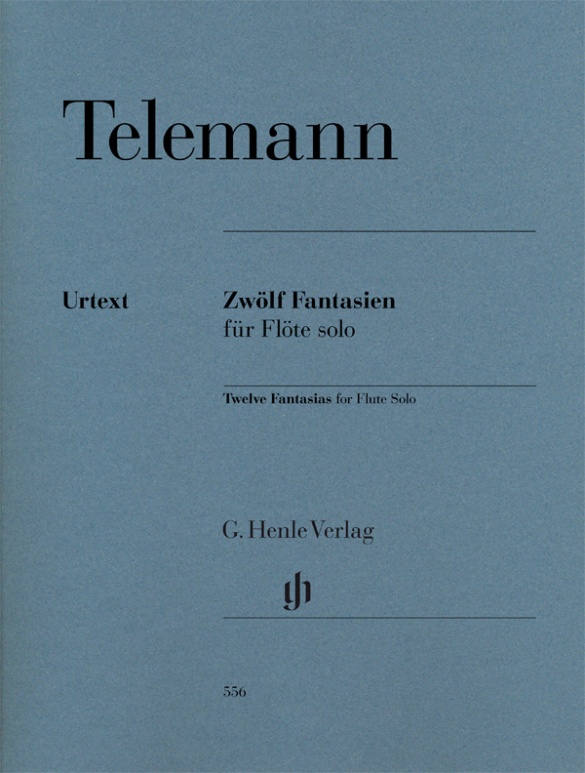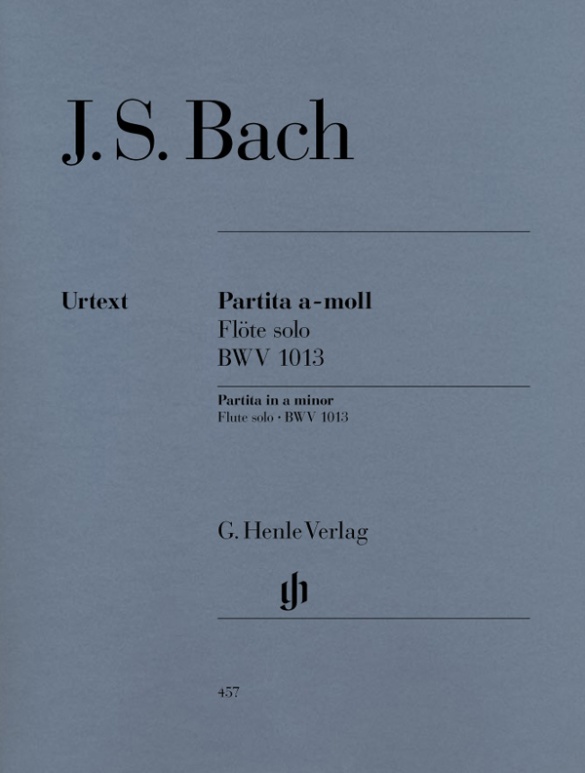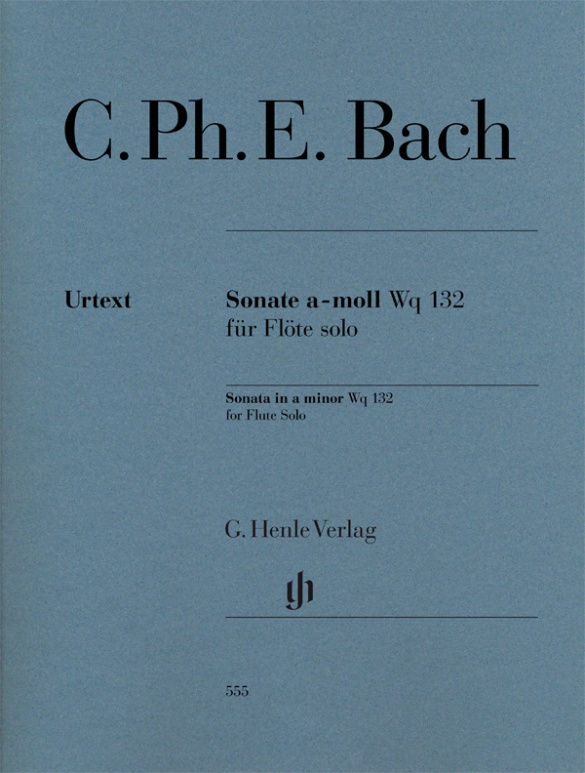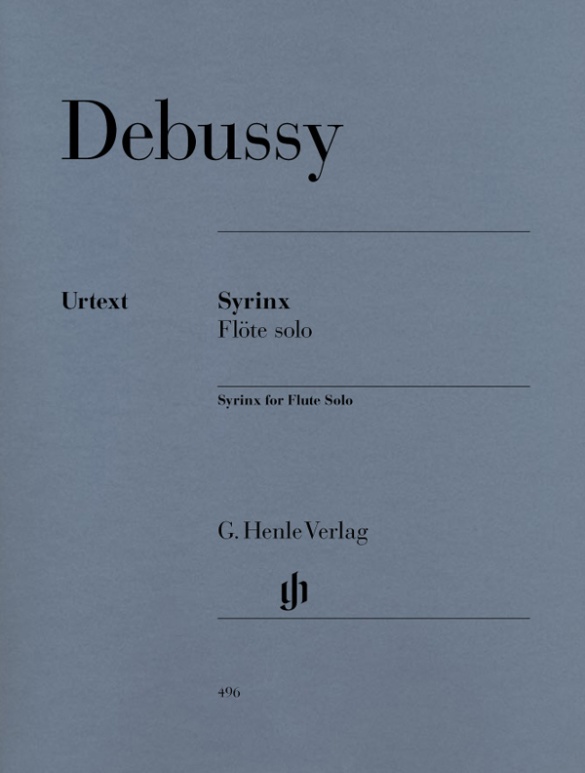

Claude Debussy
Syrinx - La flûte de Pan for Flute solo
Syrinx is undoubtedly among the works that are immediately associated with Debussy. The piece, which was given its first performance under the title La flûte de Pan, was composed in 1913 as incidental music to a dramatic poem by Gabriel Mourey. In the central scene Pan is playing a reed flute, which is actually the nymph Syrinx. Pan is, however, invisible to the other nymphs and to the audience. In order to reflect the staged situation, the dedicatee Louis Fleury used to play the piece behind a screen when he played it in concert. It was only published by Jobert in 1927, following Debussy’s death; its popularity has remained unsurpassed to this day.
Content/Details
About the Composer
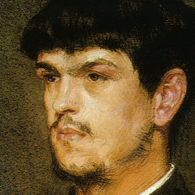
Claude Debussy
Most important French composer around 1900, whose music, primarily characterized by its sound, exhibits profound innovations. His oeuvre bears a close relationship to Symbolism.
About the Authors
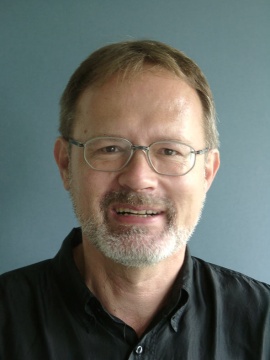
Ernst-Günter Heinemann (Editor)
Dr. Ernst-Günter Heinemann, born in 1945 in Bad Marienberg (Westerwald), completed his schooling in Gießen and read musicology, philosophy and German in Marburg and Frankfurt/Main and also for some time Protestant church music. He did his doctorate on “Franz Liszts geistliche Musik. Zum Konflikt von Kunst und Engagement”.
From 1978–2010 Heinemann worked as an editor at G. Henle Publishers (in 1978 in Duisburg, from 1979 onwards in Munich). He edited a great many Urtext editions for the publishing house, including “Das Wohltemperierte Klavier”, Volume 1 by Bach and all of Debussy’s piano works. In addition, he wrote essays on Debussy, Grieg, Liszt, Mendelssohn and questions concerning general editing, as well as giving seminars on editorial practice for musicology students in Munich.
Product Safety Informations (GPSR)

G. Henle Verlag
Here you can find the information about the manufacturer of the product.G. Henle Verlag e.K.
Forstenrieder Allee 122
81476 München
Germany
info@henle.de
www.henle.com
recommendations
autogenerated_cross_selling
Further editions of this title
Further editions of this title


